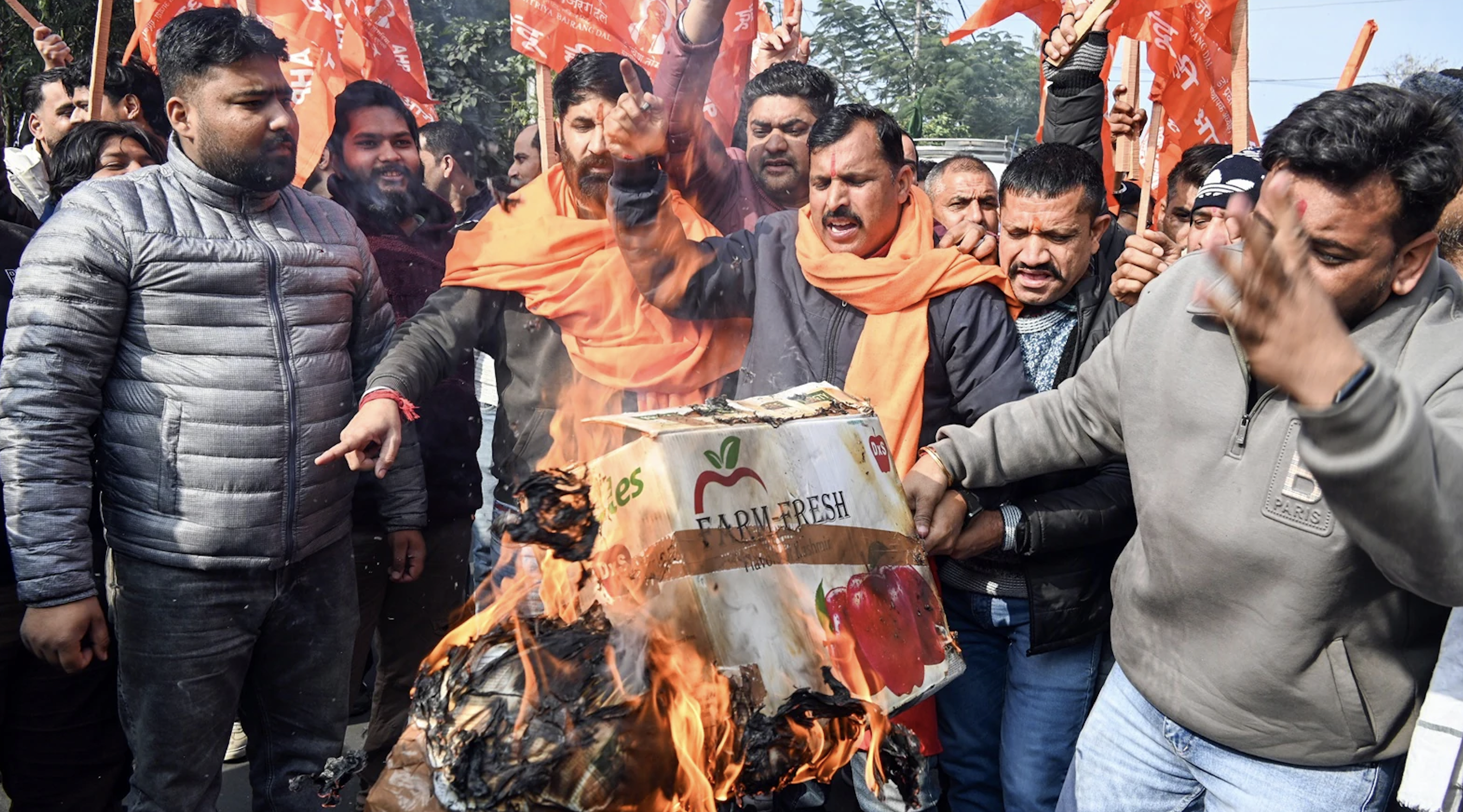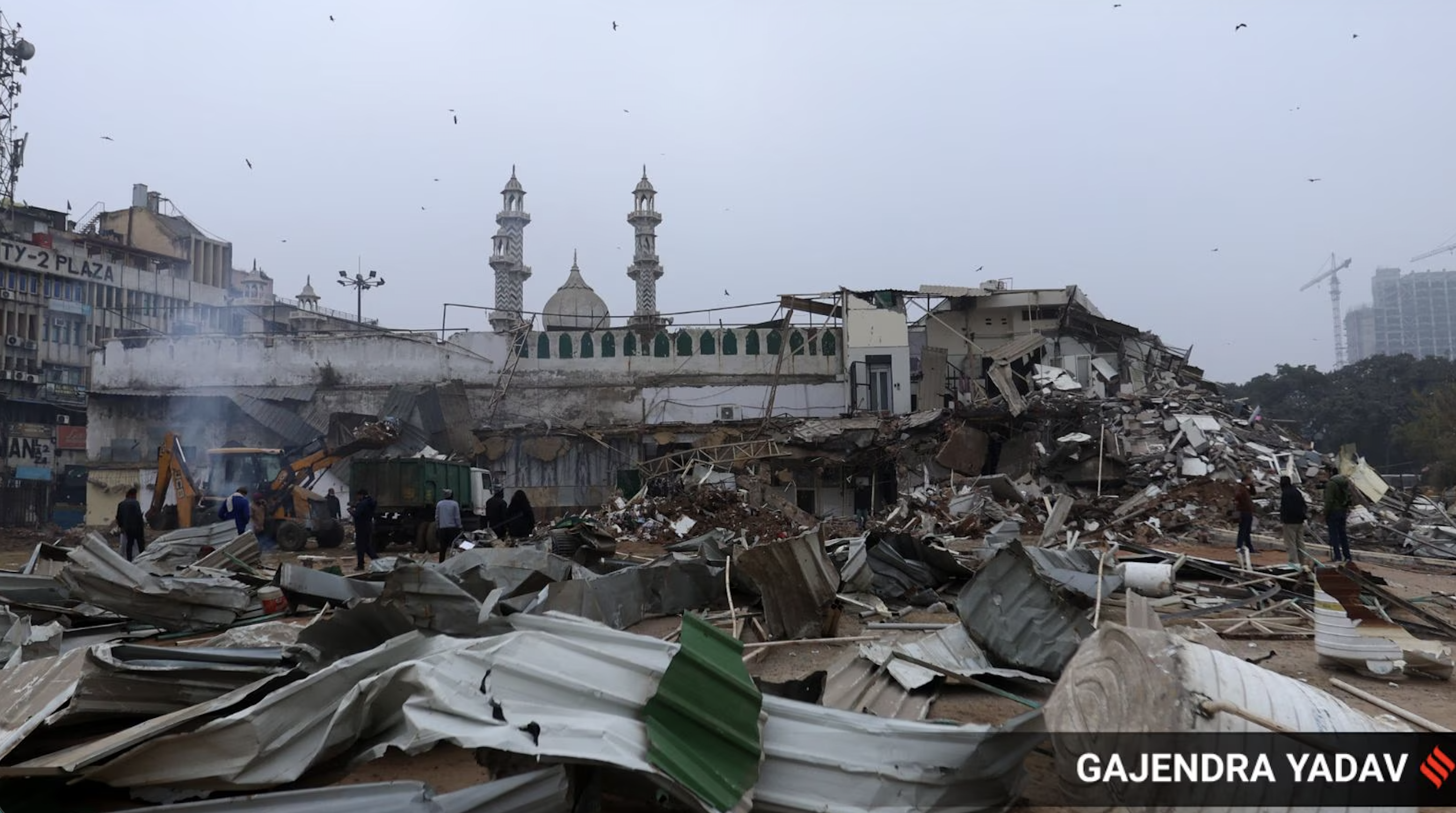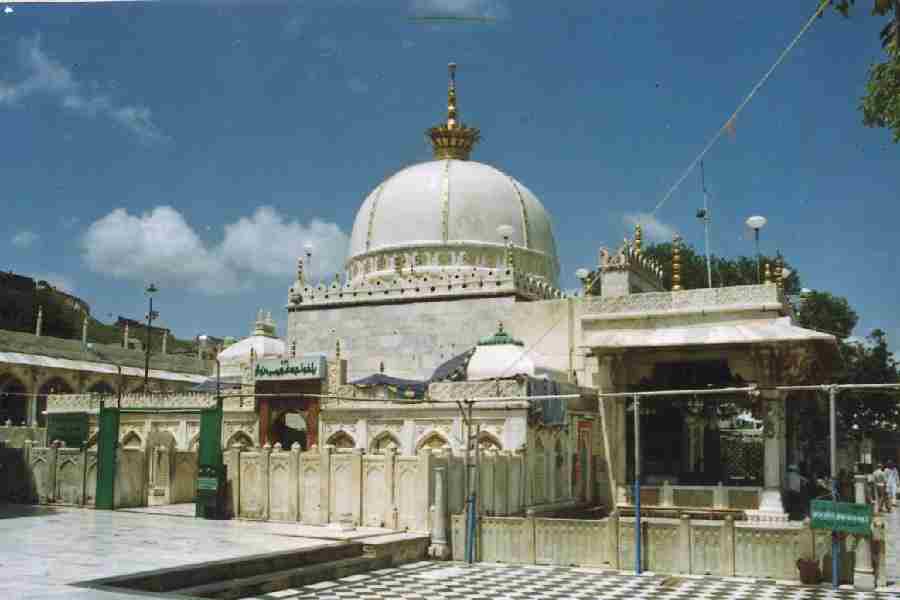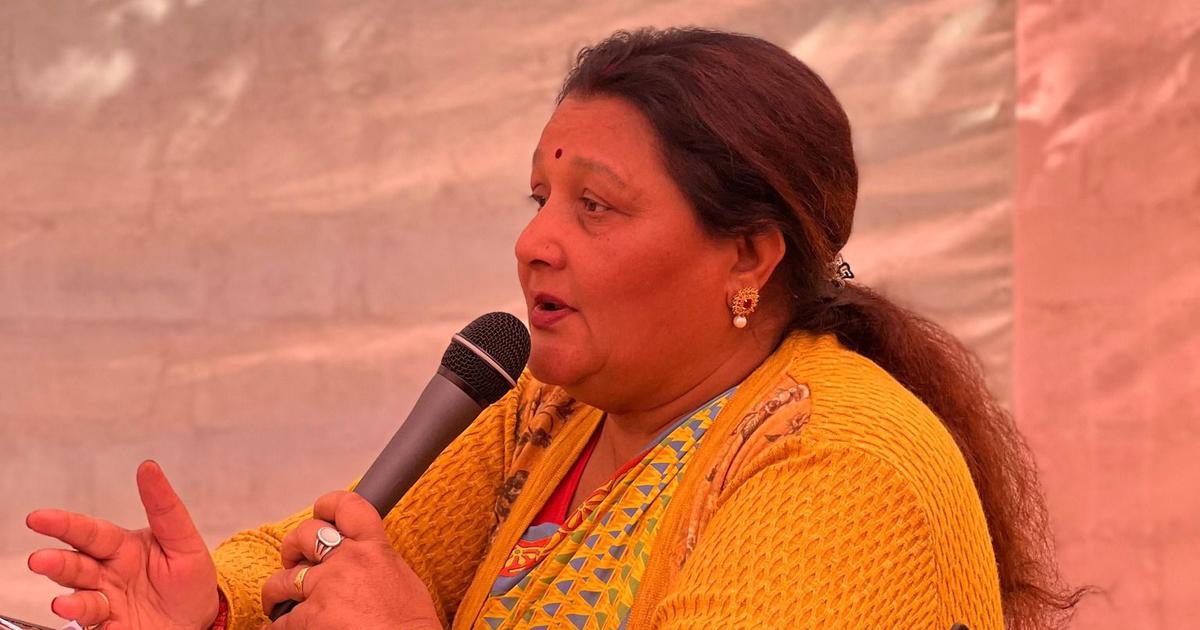
“There was only one man with a bamboo stick in the midst of so many policemen. They could have caught him,” said Ainuddin, the brother of the deceased villager, Maynul Haque. He said he was shocked to see the civilian photographer attack his brother.
The incident laid bare seething tensions over the issue of immigration in Assam, a small state in northeastern India that shares a porous border with Bangladesh. In recent days, a drive to free government land from people officials describe as “encroachers” has targeted thousands of Muslim villagers.
The violent police action has deepened tensions between the state’s ethnic Assamese and Bengali-descent Muslims, who say they increasingly feel targeted by the government. Many were born in India and have lived here for generations.
Days after the incident, Himanta Biswa Sarma, the state chief minister, said “illegal settlers” planned to capture power by encroaching on government land, in a nod to long-held fears of Assamese speakers that the influx of Bengali-speaking migrants is altering the state’s demography and culture.
In recent years, the state government sought to identify undocumented migrants by requiring all 33 million residents to provide decades-old documents and proof of relation to their parents for entry into a citizenship registry. The government defines citizens in Assam as those who can provide proof of being in India before March 25, 1971.
At the end of the nearly four-year exercise, 1.9 million people were excluded from the registry, though the final result is pending a government-demanded reverification. They remain at risk of becoming stateless.
The migrant issue has galvanized support for Prime Minister Narendra Modi and his party. Critics say the government has capitalized on it to attempt to criminalize and reduce India’s 200 million Muslims to second-class citizens.
Amit Shah, Modi’s close aide and the country’s home minister, has referred to such migrants as “termites” whom he promised to remove from electoral rolls, earning a mention in the U.S. State Department’s human rights report in 2018.
Shah has also said there are plans to take the citizenship registry nationwide, deepening concerns among India’s Muslim minority. These apprehensions were born out when the central government introduced a citizenship law that will provide relief to Hindus left out of the Assam registry, establishing a fast-track path to citizenship for members of six minority faiths in neighboring countries. The law excludes Muslims.
One of the sites for this contested battle over Modi’s vision for a new India is Assam.
Sanjib Baruah, a professor of political studies at Bard College in New York, said Assam is “becoming a frontier” for India’s post-partition citizenship questions.
After coming to power in May, the local BJP government passed a law restricting the sale of beef in areas surrounding temples and those predominantly inhabited by Hindus. It also promised to bring in a two-child policy and a law to tackle interfaith marriages based on a baseless claim that views them as a tool for conversions.
The state of Assam is cleaved in two by a mighty, temperamental river called the Brahmaputra, overflows from which have flooded and eroded the ever-shrinking land around it. Many of the state’s most vulnerable populations live on islands, hemmed in by the river’s tributaries.
Now the government seeks their homes, temporary bamboo hutments with tin roofs. While encroachment of government land is a widespread issue across Assam, data from the state assembly shows that a majority of the evictions over the past few years have taken place in predominantly Muslim districts.
Those swept up in the eviction drives include people who were included in the citizen registry.
Days before the violence unfolded in late September, police officials evicted nearly 4,000 people from one part of the island. But when they came to evict hundreds of more families, they ran into resistance.
In a video from the day, the local police official issued a warning: The eviction would continue even if the “world turned upside-down.” Soon after, chaos ensued when police officers began to burn people’s belongings, witnesses recalled.
Locals clashed with the police using bamboo sticks and stones, ending in the death of Haque, the 28-year-old laborer, caught on camera. A 12-year-old boy, Sheikh Farid, who had left his home to go to the post office also died. At least three others suffered gunshot wounds. Ten officers were injured.
The government has promised to continue evictions and blamed an Islamic group for instigating the violence. The police have arrested three villagers for the violence, including one who was hospitalized with a gunshot wound to his leg.
A judicial probe has been ordered into the incident. But for villagers like the family of Haque, this is only the start of another difficult chapter.
“We are devastated without him,” Ainuddin said. “His kids are very young. The family is as good as dead without him.”






